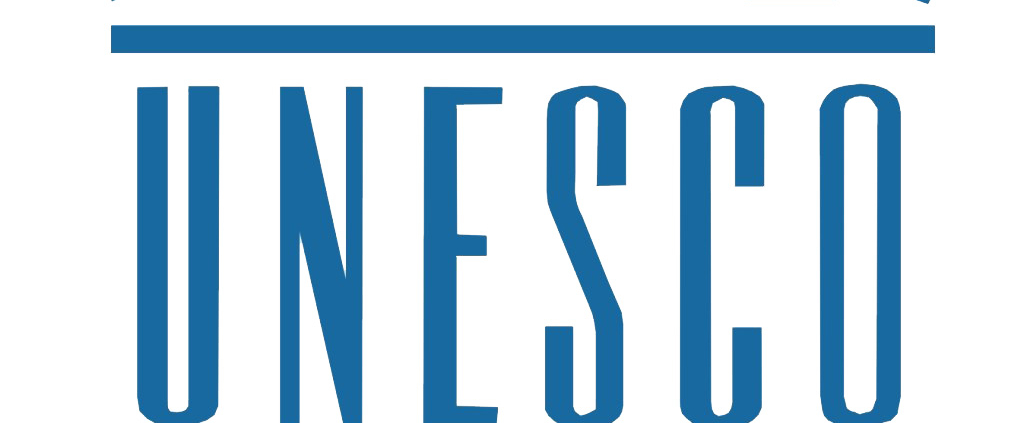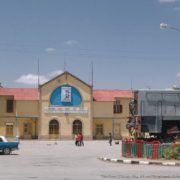Institute for Development Impact With UNESCO
By Jerusha Rainy Kannula
As a Global Public Affairs (GPA) Fellow at UCLA Luskin School of Public Affairs, I had the extraordinary opportunity to work with the Institute for Development Impact (I4DI) on a project affiliated with UNESCO. My work focused on understanding how climate change can be integrated into educational systems, particularly in the Global South, where the impact of climate change is felt most acutely. The experience not only deepened my expertise in environmental and educational policy but also expanded my understanding of how international development initiatives can be leveraged to address critical global issues like climate change. The fellowship allowed me to engage in vital research that explored how schools can serve as platforms for climate resilience, energy efficiency, and education reform. Through policy analysis, qualitative research, and even geographical mapping, I contributed to a broader effort to ensure that the next generation is equipped with the tools to tackle climate change head-on. My work primarily involved researching and developing strategies to make educational institutions more climate-resilient. This meant not only looking at how schools can better prepare their students for the challenges posed by climate change but also how schools themselves can reduce their carbon footprints and operate more sustainably.
Climate Resilience Planning for Schools: One of the key projects I worked on was developing a framework for climate resilience planning within educational institutions. The goal was to equip schools in vulnerable regions with the knowledge and resources to withstand and adapt to the impacts of climate change. For instance, in areas prone to flooding or extreme heat, schools could implement infrastructure improvements—such as better drainage systems or cool roofing materials—that would make the physical learning environment safer and more sustainable. Beyond infrastructure, climate resilience planning also involves curriculum reform. My research focused on how schools can integrate climate education into their lessons, empowering students with the knowledge to understand and address environmental issues in their own communities. This meant working on the development of lesson plans, workshops, and extracurricular activities centered around environmental sustainability.
Energy Efficiency in Schools: Another significant focus of my fellowship was exploring ways to improve energy efficiency in schools. Schools are often large consumers of energy, and making them more efficient can have a significant impact on both the environment and school operating costs. I researched various ways schools could adopt energy-efficient practices, such as using renewable energy sources, improving insulation, and upgrading to more efficient lighting and heating systems.
Green School Accreditation System: The idea of a green school accreditation system was one of the most exciting projects I had the chance to work on during my fellowship. The goal of this system is to provide schools with a framework for becoming more sustainable, from their energy usage to their waste management practices. Schools that meet certain environmental standards would receive certification as “green schools,” which could serve as a model for other institutions. In developing this concept, I researched existing accreditation systems, both within and outside the field of education, and adapted them to fit the unique needs of schools in the Global South.
Climate Education for Vulnerable Groups: A particularly meaningful aspect of my work was researching how climate education can be tailored to address the needs of vulnerable groups, such as women, indigenous communities, and economically disadvantaged students. These populations are often the most affected by climate change, yet they are frequently left out of the conversations around climate solutions. I explored how educational systems can be more inclusive in their approach to teaching climate change, ensuring that all students—regardless of their background—have the tools they need to understand and address environmental issues.
Throughout my fellowship, I had the opportunity to contribute to various blogs, and policy briefs. These focused on the importance of integrating climate change education into the curriculum, as well as the role that schools can play in fostering environmental stewardship. Much of my work involved qualitative analysis and policy analysis, as I evaluated existing educational policies and proposed new frameworks for integrating climate education.
Global Public Affairs Fellowship with the Institute for Development Impact was a transformative experience that allowed me to contribute to critical global efforts to integrate climate change education into schools. Through my work on climate resilience planning, energy efficiency, and green school accreditation, I gained valuable skills in policy analysis, research, and advocacy. I am incredibly grateful for this opportunity and look forward to applying what I have learned as I continue my career in public policy and environmental sustainability.


 “Dire Dawa | Ethiopia, Map, & Facts.” Encyclopedia Britannica, 20 July 1998, www.britannica.com/place/Dire-Dawa.
“Dire Dawa | Ethiopia, Map, & Facts.” Encyclopedia Britannica, 20 July 1998, www.britannica.com/place/Dire-Dawa. 




